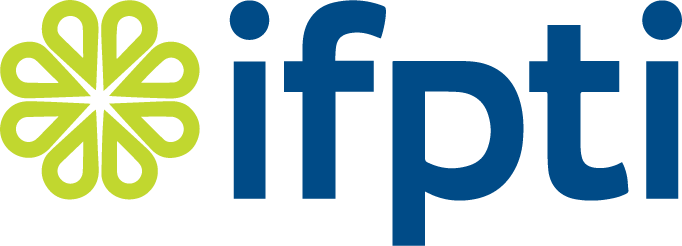Food Protection Professionals NCS
Basic Core
Preventive Controls
Description: Introductory knowledge, skills, and abilities related to measures implemented by human and animal food facilities to ensure human and animal food safety.
Competencies by Topic Area:
Click on a competency to expand details and to view all approved learning resources.


